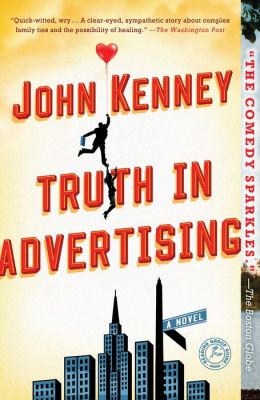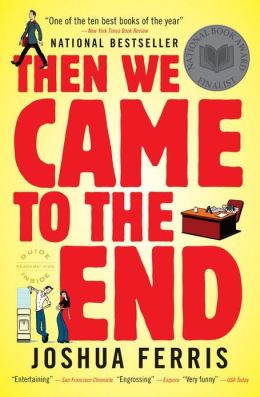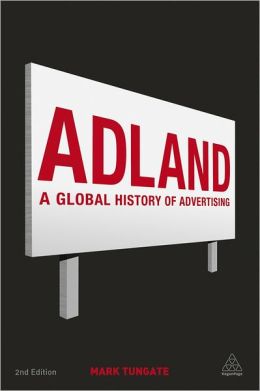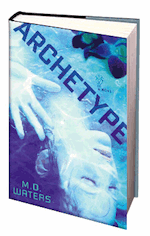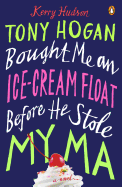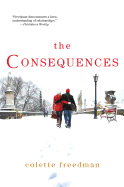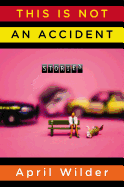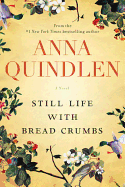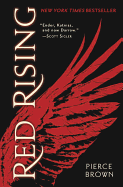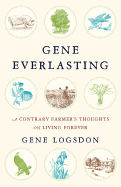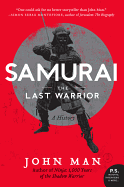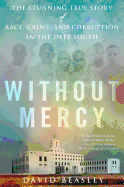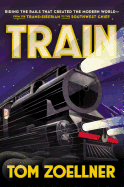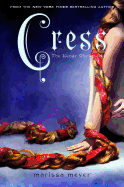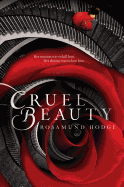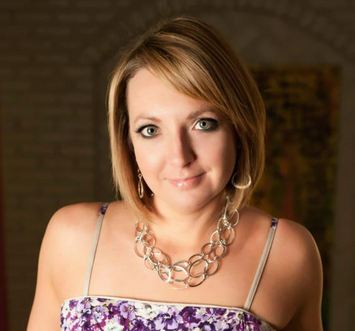 |
| photo: Crystal Bingham |
M.D. Waters lives with her family in Maryland. Archetype is her first novel. Its sequel, Prototype, will be published in July 2014.
Tell us about the background of this novel. What inspired you?
First, I'm a total sucker for futuristic sci-fi movies, and it began with Star Wars. From the moment I saw The Empire Strikes Back as a child, I've always thought about Luke in that tank of water. I'm not sure why, but it fascinated me that to heal him, they put him in there. Later, I watched The Handmaid's Tale and never forgot the image of the women sleeping in cots inside a gym. I was too young to really understand the story, but that particular image stayed with me.
Those images, combined with multiple conversations with my dad, the conspiracy theorist, about how certain things perceived as good, or as improvements on our way of life, can turn bad. He told me about laws in modern China limiting the number of births due to overpopulation, and how fathers who want sons will go to terrible extremes when they end up with daughters instead.
When planning this world, I considered the overpopulation issue going worldwide and gave that fathers-wanting-sons scenario a "control the sex of your child in utero" possibility. I then added a few more what-ifs to make the situation really dire, combined my images from childhood, and added a few hundred years to show how the world might have evolved from that.
Archetype is an eclectic blend of science fiction and romance. Is it challenging to merge these different genre traditions?
You know, I never considered that a challenge. So many of the movies I love have that romance element. I especially love stories where the romance is the motivation, even if it's only a small part, behind the goal. Not necessarily the typical hero saving the heroine plots, but the stories where they're fighting to stay together while outside forces want to drive them apart. The more conflicted, the better. The more action, the better. I love it all, and it came very naturally to me.
On that topic, are there particular authors or books that provided an influence for Archetype?
The answer lies not in science fiction, but in fantasy. I've always idolized Karen Marie Moning's ability to build a world the way she did in her Fever series. And Richelle Mead's romantic plots have always kept me on my toes. She goes for gut-wrenching conflict, which I love. I strived to do both of these things in Archetype: build a world you can feel, and add in romantic conflict that will shred your heart, because when I piece it back together.... Well, that's the best part.
Just for fun: the protagonist, Emma, is torn by her love of two very different men. Do you have a preference?
It depends on the day. I can't tell you how many times I sighed over Declan while writing him, but then I'd reach a scene with Noah and flip sides. And I love them for very different reasons. I adore how kind Declan is. How thoughtful and protective. And Noah? He's so darn sexy when he's angry! I love how he puts up a tough exterior, but under it all he's incredibly passionate. Humble, even.
Marriage and feminism, and how they may sometimes conflict, seems like a central theme.
That wasn't my intent, but I understand where some might think that. I liked the idea of taking a strong female character, turning her inside out, and placing her in a situation where she had only a semblance of control. I wanted her marriage to be a direct conflict with who she really is and see how she handled it. As things unraveled, would she succumb and accept the status quo, or find her independence and fight for her freedom? It could have gone either way, and believe me, I considered both equally, because in either version she'd have her conflict, but she'd also find a way to be happy.
In Archetype you've created a rich world of futuristic technology, sexual oppression and a country at war. Will the sequel explore another part of this world?
When setting out to write the sequel, Prototype, I couldn't wait to expand on those droplets of world-building I planted in Archetype. As you can imagine, writing in a single point of view, not to mention one with little to no memory, sets up some pretty huge road blocks. Anything I already knew about the world had to come up in natural conversation. It still does in the sequel, but was made easier by the fact that I had so many new settings to explore. I was able to take the small world in Archetype and really blow it out in Prototype. And not just the world, the technology, too.
Emma's travels include Mexico, Las Vegas and San Francisco, so you'll see how the other side lives. Some of the new details were a surprise even to me, so I'm pretty excited about it. I've also dug more into the resistance and brought in new characters that show a different point of view to everything Emma's dealing with. It's quite a ride. --Ilana Teitelbaum
M.D. Waters: Romantic Conflict to Shred Your Heart
